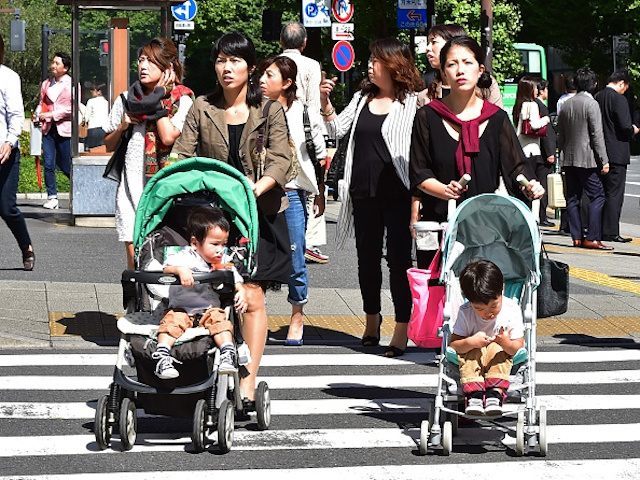Japanese women are flocking in droves to police-issued self-defense classes after the murder of a 20-year-old woman in Okinawa by a former U.S. Marine, while American authorities have imposed a curfew and ban on alcohol during what they describe as a period of “mourning.”
Japan’s Kyodo News Service reports that police have seen interest in their women-focused self-defense classes soar, with the number of women participating quintupling since the body of 20-year-old Rina Shimabukuro was found last month, killed by Kenneth Franklin Shinzato, a base employee. The Uruma Police Station typically does see an increase in interest among women looking to be able to protect themselves if they are attacked while alone, as Kyodo describes summer as “a time when sex crimes peak.” The 150 women who attended the latest class, however, went above the average numbers police see.
The women all tell Kyodo they have the same motivation for going: they could be the next victim, and they know because they have experienced harassment in the past. “I could have been the one who was assaulted,” 21-year-old Yumeka Nagamine told the outlet. Multiple women reported being stopped by strange men during walks alone and feeling fear.
The murder has sparked international outrage in Japan, with Prime Minister Shinzo Abe even using the opportunity of President Barack Obama’s visit to Hiroshima to chastise him for the event. While President Obama did not specifically apologize for the United States using nuclear weapons to prevent the bloodshed of a ground invasion during World War II, many observers view the visit, during Memorial Day weekend, as an insult to the memory of American troops who died as a result of the gruesome treatment they suffered as prisoners of the Japanese imperial military.
The fact that Abe publicly expressed “profound resentment” to Obama for the murder of Shimabukuro did not shake that impression. “I convey to the president that such feelings of the Japanese people should be sincerely taken to heart. … I also urge the United States to make sure to take effective and thorough means to prevent a recurrence and rigorously and strictly address the situation,” Abe said.
The United States has responded by imposing a midnight curfew on all service members on Okinawa, banning them from buying or drinking alcohol outside the American military base, entering any bars or clubs on the island, or throwing parties, among other restrictions. Authorities at the base issued the restrictions, to be kept in place until the end of June, with a statement describing the measures as necessary “to observe a period of unity and mourning by curtailing off-installation activities.”
Okinawa Governor Takeshi Onaga has publicly doubted that the curfew and other measures will keep Okinawans safe, telling reporters that “he understood that the U.S. military is being serious and sincere but said residents appear skeptical about how effective the measures will be.”
Americans on the island appear to be responding to the call to mourn with the locals, as images have surfaced on Twitter and other social media of Americans lining local highways, holding signs in solidarity with their Japanese neighbors.

COMMENTS
Please let us know if you're having issues with commenting.